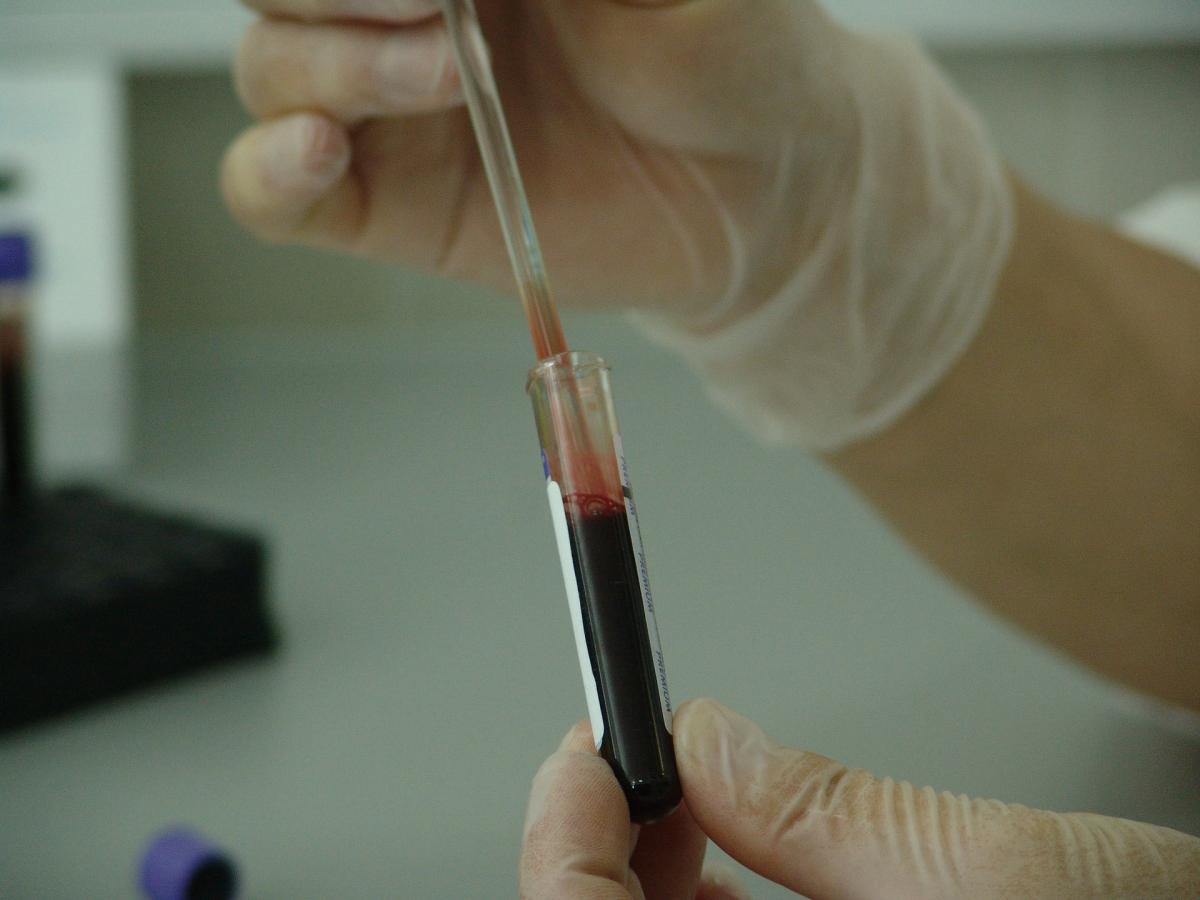
The University of Adelaide has been awarded $10.5 million for seven research projects to investigate issues including Indigenous oral health, preterm birth, cancer, and mental illness.
The funding is through the National Health and Medical Research Council (NHMRC) 2021 Investigator Grant program, which invests in world-leading health and medical research projects to improve lives.
"We believe our researchers are well placed to help address some of the world's most pressing health issues,''Professor Anton Middelberg, Deputy Vice-Chancellor (Research)
Professor Anton Middelberg, Deputy Vice-Chancellor (Research), says the University of Adelaide has a strategic commitment to tackling the grand challenge of improving health and wellbeing for all society.
"This funding supports our researchers to deliver on our health and society priority, contributing vital work to a range of important health and medical issues," Professor Middelberg said.
"We believe our researchers are well placed to help address some of the world's most pressing health issues."
Funding has been awarded to:
- Professor Lisa Jamieson, Adelaide Dental School
$2,598,056 to facilitate best practice oral care models for Indigenous Australians. The goal of the project is to improve Indigenous oral health outcomes, raise standards of oral clinical care through cultural competency workshops, and capacity building of the Indigenous oral health workforce.
- Professor Timothy Hughes, Adelaide Medical School and SAHMRI
$2,241,612 to improve outcomes for patients with chronic myeloid leukaemia (CML). The majority of CML patients still require toxic therapy to control their disease. This project will focus on improving outcomes by determining the key genetic events driving drug resistance and disease progression, further developing the new, highly-targeted drug asciminib which promises to revolutionise CML therapy, and remove the current barriers to treatment-free remission.
- Professor Chun-Xia Zhao, School of Chemical Engineering and Advanced Materials
$2,248,555 to develop revolutionising nanomedicines capable of simultaneous administration of two or more drugs in targeted cancer disease for synergistic therapy. Nanotechnology offers exciting prospects for many devastating diseases, such as cancer. Despite the clinical success of a few nanomedicines the development of cancer nanomedicines for effective and targeted delivery to pathogenic areas has been limited - a problem this project hopes to overcome.
- Dr Zohra Lassi, Adelaide Medical School and Robinson Research Institute
$1,560,435 to identify opportunities to improve the sexual function and reproductive health of adolescents living in Australia and other parts of the world. The project involves working with adolescents and health services to co-design and test new strategies to deliver sexual and reproductive health that is specifically focussed on the needs of young people.
- Dr Emily Shepherd, Adelaide Medical School and SAHMRI
$650,740 for a project focussing on the needs of preterm babies. Globally, more than one in 10 babies is born early. While most survive, many face life-long health consequences, including impaired development. Dr Shepherd's program will focus on three important treatments - magnesium sulphate, omega-3 fatty acids, donor breast milk - for mothers and preterm babies, and will assess the effects of the treatments on preterm birth and long-term development of preterm babies.
- Dr Azmeraw Amare, Adelaide Medical School
$650,740 to optimise treatment of patients with mental illness. On average, 30-60% of patients with mental illness receiving medication do not show adequate response to treatment. Novel tools are needed to augment the current 'trial and error' approach to treatment selection. The project will apply advanced data science techniques on internationally collected datasets to develop genetic testing tools for better prediction of treatment outcomes.
- Dr Jiawen Li, Adelaide Medical School and Institute for Photonics and Advanced Sensing
$588,308 to deliver a clinically applicable device to detect high-risk plaques that cause heart attacks to help cardiologists determine the most efficient treatment on an individual basis. The imaging device will be the first-of-its-kind worldwide, holding great hope of significantly reducing cost and complications in cardiovascular diseases.






